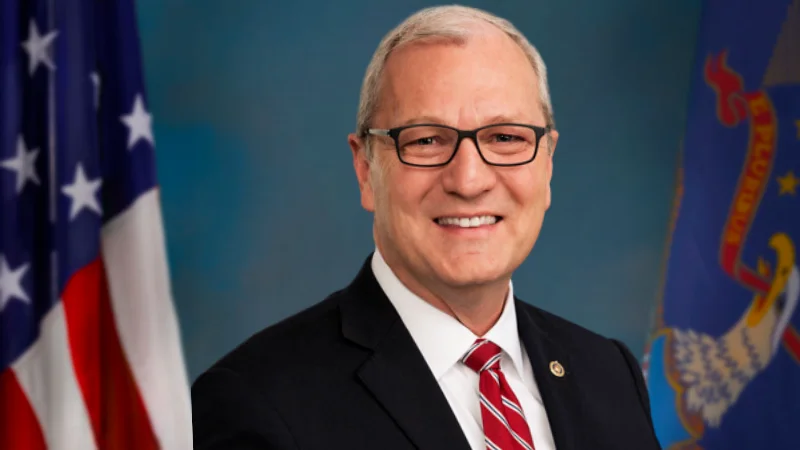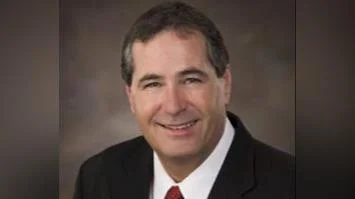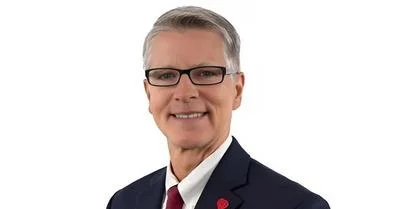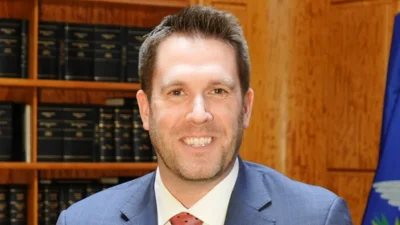Senator Kevin Cramer, US Senator for North Dakota | Senator Kevin Cramer Official website
Senator Kevin Cramer, US Senator for North Dakota | Senator Kevin Cramer Official website
The Senate Environment and Public Works (EPW) Committee conducted a hearing to evaluate nominees for positions within the Trump administration. Present were Brian Nesvik, nominated for Director of the U.S. Fish and Wildlife Service, and Jessica Kramer, nominated for Assistant Administrator of the U.S. Environmental Protection Agency (EPA) Office of Water.
During the session, U.S. Senator Kevin Cramer probed Kramer about the EPA's new interim guidance concerning the Waters of the United States (WOTUS), issued on March 12. Cramer sought clarification on the adherence of this guidance to the U.S. Supreme Court's decision in the Sackett v. EPA case, as well as how the previous rule diverged from it. Kramer responded, “It is a straightforward guidance document that essentially says that an implementation [of a WOTUS rule], EPA and the Army Corps of Engineers, they're going to follow the law.”
Kramer emphasized that the Sackett decision was particularly prescriptive about wetlands, affirming that “Sackett held that the Rapanos plurality was correct, which means that the significant nexus test that had been previously applied and implemented by both agencies no longer stands.” She explained the uncertainty surrounding terms like “continuous surface connection” and “relatively permanent waters” and mentioned that any new rulemaking would aim to resolve these ambiguities.
Additionally, Kramer committed to visiting North Dakota during the WOTUS rulemaking process.
Senator Cramer also inquired about the nominees’ interpretations of cooperative federalism. Nesvik described it as a defined division of roles between federal and state governments, noting that states generally manage wildlife species except those covered by acts like the Endangered Species Act. He stated, ”It’s better when the states and the federal government are working together on these things. And as long as they stay within their own lane on those things that are sovereign to their particular entity…”
Kramer referenced the Underground Injection Control Well Program under the Safe Drinking Water Act as an example of cooperative federalism, pointing out that this program can be delegated from federal to state control. She explained, “states know their resources best,” and emphasized the benefit of joint cooperation, where states can implement stringent restrictions “to the extent that there is a need for a little bit of additional protection.”






 Alerts Sign-up
Alerts Sign-up